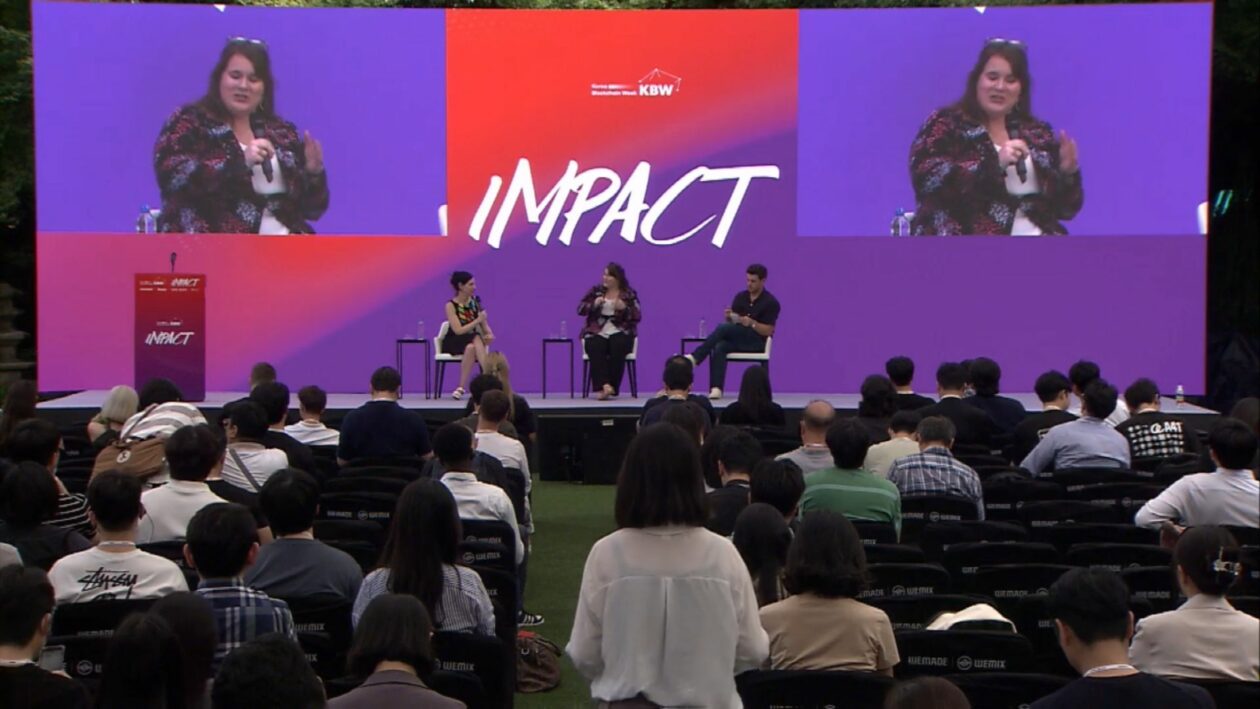Blockchain innovation in the U.S. could suffer from over-regulation of the crypto industry, former White House director of cybersecurity Carole House said during a panel discussion Tuesday at Korea Blockchain Week in Seoul.
See related article: SEC delays verdict on BlackRock’s ETF application; Will Bitcoin ETFs see light of day?
Fast facts
- House said that “overly harsh” crypto regulation in the U.S. could work to prevent blockchain’s development as a foundation for key infrastructure. High profile cases of fraud in the crypto industry has created a sense that the underlying technology is at fault when it is actually “a fault of people and businesses,” she said.
- The cybersecurity expert said that she sees “great potential” in blockchain technology in areas such as identity verification and supply chain transparency. She said that the development of use cases in key infrastructure is a separate issue to blockchain’s use in finance, where much of the majority of regulatory scrutiny is aimed. Regulators should treat the two fields separately, she added.
- House said that the U.S. government is trying to drive competitiveness in blockchain technology — a contrast to what many see as an attempt to constrain the industry by regulators including the Securities and Exchange Commission (SEC) led by Gary Gensler.
- The SEC’s clampdown on the crypto industry is driving a lot of headlines. But House said that the current period of increased scrutiny has been a long time in the making. “Enforcement actions actually take many years to come to fruition. So a lot of this effort that you’re seeing now culminating in enforcement actions is because of something that’s been a priority for many years,” House said.
- When discussing U.S. regulatory action, House drew comparisons to Asia, where various jurisdictions including Hong Kong, Singapore and Japan have adopted comparatively pro-crypto regulatory frameworks over the past year.
- “I really do think that the Asia-Pacific whole region has been a powerhouse driver [in crypto regulations],” said House. As an example, she highlighted Japan’s regulatory framework, which she said has contributed to creating global anti-money laundering standards.
- House was formerly the senior policy officer for cyber and emerging technologies at the Financial Crimes Enforcement Network (FinCEN). She was director of cybersecurity and secure digital innovation at the White House from 2021 to 2022.
See related article: Financial Stability Board recommends stricter global crypto regulation after year of industry blow-ups






